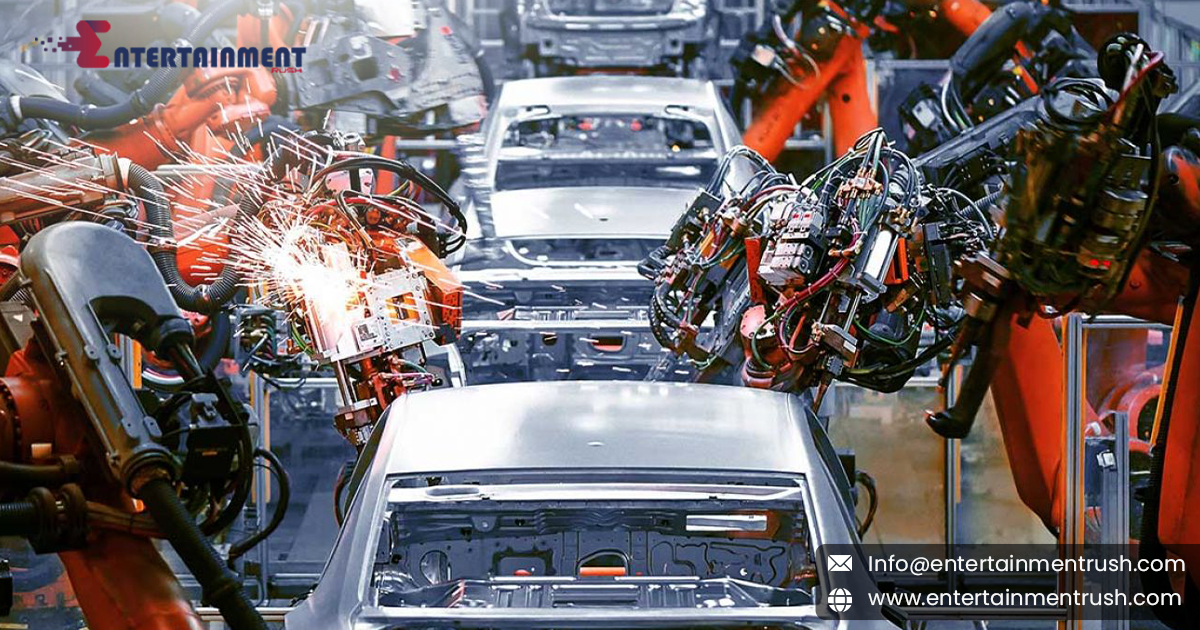As the automotive hub of the United States, Michigan has long been synonymous with car manufacturing. The state’s legacy is deeply intertwined with the rise of the auto industry, from the pioneering days of Henry Ford and the assembly line to the contemporary era of electric and autonomous vehicles. As we move further into the 21st century, the future of Michigan’s auto industry is both exciting and uncertain, shaped by technological advancements, economic shifts, and evolving consumer preferences.
A Legacy of Innovation
Michigan’s automotive story began in the early 20th century, with Detroit earning its reputation as the “Motor City.” The introduction of assembly line production revolutionized manufacturing, making cars more affordable and accessible to the masses. Major automakers like General Motors, Ford, and Chrysler established their headquarters and manufacturing facilities in Michigan, fueling the state’s economic growth and industrial prowess.
The state’s commitment to innovation continued throughout the decades, adapting to new challenges and opportunities. The rise of hybrid vehicles in the early 2000s, driven by environmental concerns and fuel efficiency, saw Michigan pivot towards greener technologies. However, the next wave of automotive advancements is poised to bring even more dramatic changes.
The Electric Vehicle (EV) Revolution
The electric vehicle revolution is at the forefront of the automotive industry’s transformation. With increasing environmental regulations and consumer demand for sustainable transportation, automakers are investing heavily in EV technology. Michigan, with its deep-rooted automotive expertise, is positioning itself as a leader in this new era.
State and local governments are working to support this transition. Initiatives include offering incentives for EV purchases, investing in charging infrastructure, and supporting research and development in battery technology. Automakers are also establishing new production facilities and retrofitting existing plants to accommodate the production of electric vehicles. For instance, General Motors and Ford have announced significant investments in electric vehicle manufacturing, creating jobs and fostering innovation in the state.
Autonomous Vehicles: The Next Frontier
Autonomous vehicles represent another transformative shift for the automotive industry. Michigan is at the forefront of this technology, with numerous testing facilities and partnerships between automakers, technology companies, and research institutions. The state’s favorable regulatory environment and collaborative ecosystem make it an ideal location for the development and deployment of autonomous driving technologies.
The potential benefits of autonomous vehicles are substantial, including improved safety, reduced traffic congestion, and enhanced mobility for individuals with disabilities. However, there are also challenges to address, such as regulatory hurdles, cybersecurity concerns, and the need for updated infrastructure to support autonomous driving.
Economic Impacts and Workforce Development
The shift towards electric and autonomous vehicles will have significant economic implications for Michigan. While these advancements present opportunities for growth and innovation, they also pose challenges for the existing workforce. Traditional manufacturing jobs may decline, while new roles in technology and engineering will emerge.
To address these changes, Michigan is investing in workforce development and training programs. Partnerships between educational institutions, industry leaders, and government agencies are focused on preparing workers for the jobs of the future. This includes programs in automotive technology, robotics, data analysis, and cybersecurity, ensuring that the workforce is equipped to meet the demands of a rapidly evolving industry.
Challenges and Opportunities
As Michigan navigates the future of the auto industry, several key challenges and opportunities will shape its trajectory. These include:
Global Competition:
Michigan faces competition from other regions and countries in the race to develop and produce next-generation vehicles. Maintaining a competitive edge will require ongoing investment in innovation and infrastructure.
Environmental Regulations:
Stringent environmental regulations will drive the development of cleaner technologies but may also pose challenges for traditional manufacturing processes.
Consumer Preferences:
Shifts in consumer preferences towards electric and autonomous vehicles will influence the direction of the industry and the types of products that are in demand.
Infrastructure Development:
Expanding charging networks and updating roadways to support autonomous vehicles will be crucial for the successful adoption of new technologies. The future of Michigan and the auto industry is filled with both promise and uncertainty. As the state embraces the electric and autonomous vehicle revolutions, it will continue to leverage its rich automotive heritage while adapting to new challenges and opportunities. Through innovation, collaboration, and strategic investment, Michigan has the potential to remain a leader in the global automotive landscape, driving the industry forward into a new era of mobility and technology.




Leave feedback about this